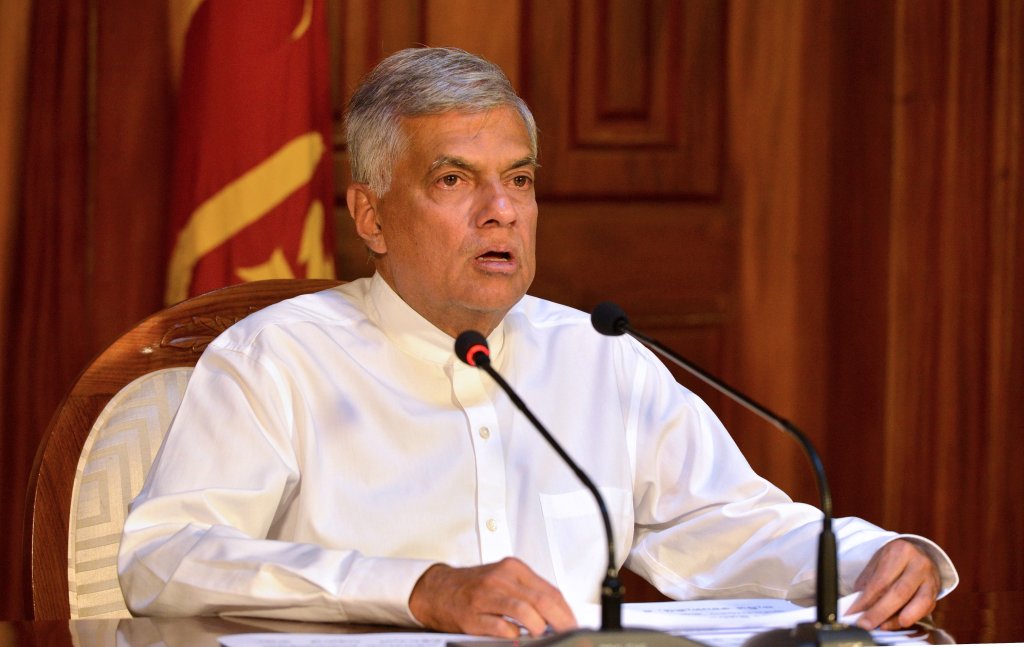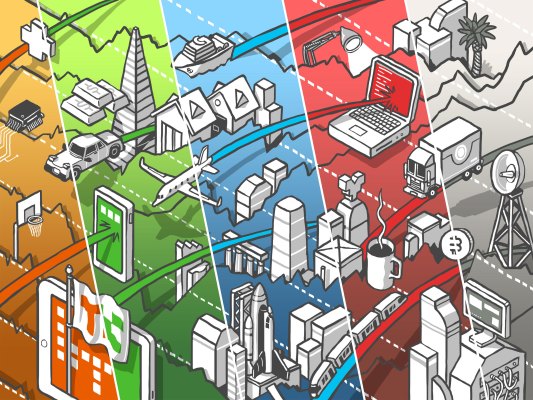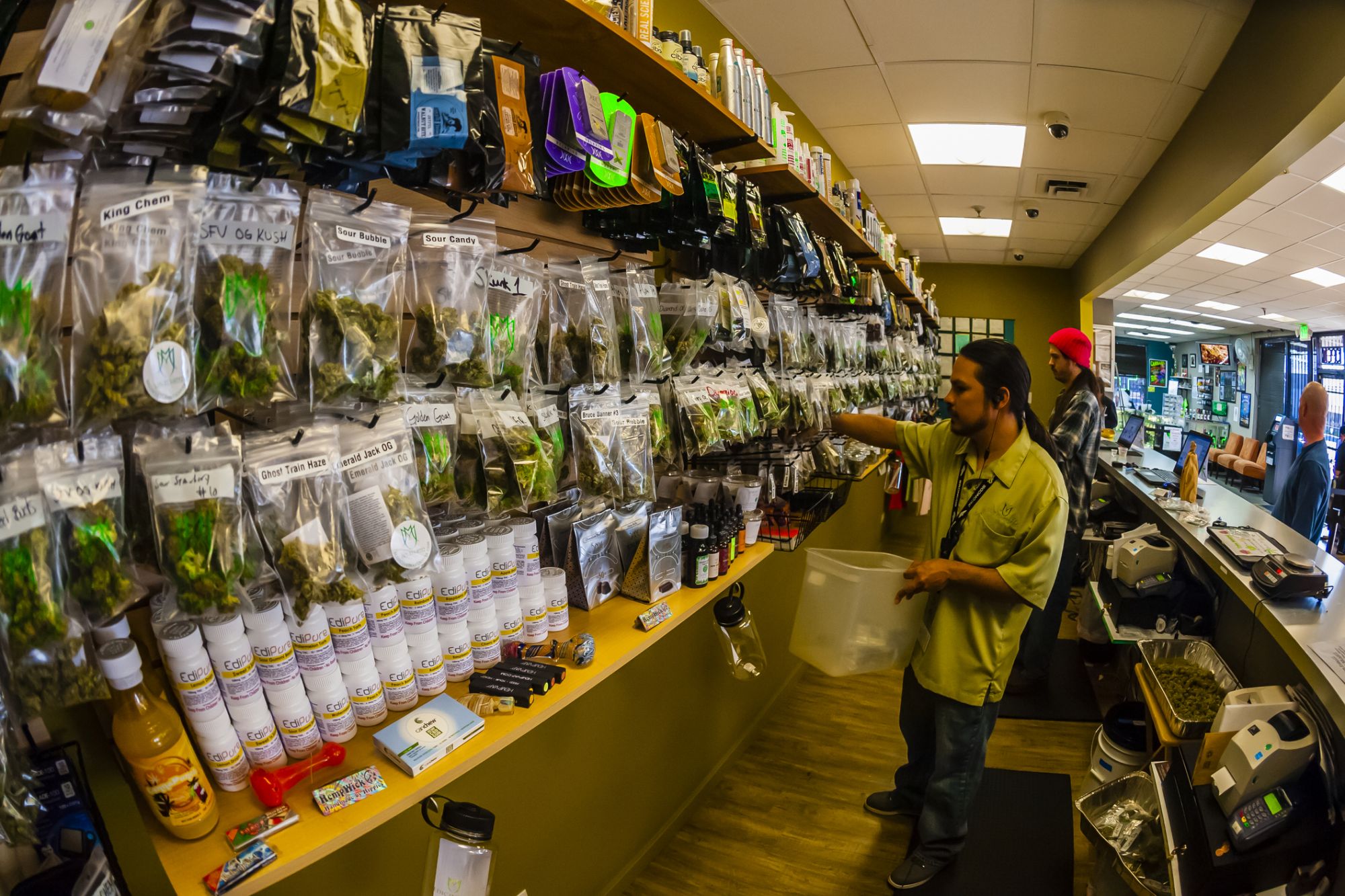By Jennifer Hassan, Niha Masih and Tony Romm | The Washington Post
LONDON — The Sri Lankan government blocked access to social media platforms Sunday in the wake of explosions that killed more than 200 people on the holiest day of the Christian calendar. The blasts, which targeted churches during Easter Sunday services and luxury hotels, also prompted the government to impose an immediate nationwide curfew.
Officials said they ordered the social media blackout in an attempt to stop the viral spread of misinformation about the attacks online, a digital scourge that typically follows international news events and one that major tech giants long have struggled to curtail. Already, researchers said they had seen a spike in false reports about the perpetrators and the number of victims.
But the government’s decision also raised fresh concerns — in the eyes of local residents, tech companies and international observers — that the temporary blockade on social media would make it harder for Sri Lankans to obtain accurate, timely information or communicate with loved ones overseas.
“If I don’t reply to your messages it is because WhatsApp and Facebook appears to have been shutdown in Sri Lanka,” Colombo resident Roshni Fernando wrote on Twitter. Talking to The Washington Post, Fernando said she grew up in London but recently moved to the Sri Lanka capital, one of the cities targeted in the attacks.
“People can now only communicate through SMS here, or Twitter I guess,” said Fernando, explaining that she was also unable to access YouTube and Instagram.
“I’m hearing reports that they’ve shut down Facebook and WhatsApp, so that makes sense as I have had friends in London trying to contact me through both and I can’t see them or message anybody on either Facebook or WhatsApp.”
Announcing the move, Sri Lanka’s Defense Ministry said Sunday that the “government has taken steps to temporarily block all the social media avenues until the investigations are concluded.” One report from a state-run news service said that “false news reports were spreading through social media” and that the “blockage would be effective until investigations were concluded.”
In a statement, Facebook said Sunday that it is “working to support first responders and law enforcement as well as to identify and remove content which violates our standards,” adding that it is “committed to maintaining our services and helping the community and the country during this tragic time.”
Spokespeople for Google-owned YouTube, Snapchat and Twitter did not immediately respond to requests for comment.
While the block was widely reported, some users on social media said they were still able to communicate with friends and family on apps such as Snapchat and Facebook-owned WhatsApp. Viber, a popular messaging app, did not immediately comment on the block, but the platform tweeted soon after the attacks, offering support to “everyone in Sri Lanka” and encouraging users to “be responsible and rely on updates from official and trusted sources.”
Sanjana Hattotuwa, a senior researcher at Center for Policy Alternatives in Colombo who is monitoring social media for fake news, misinformation and incitement of hate or violence, said he had seen a significant uptick in false reports.
He said there is a significant amount of misinformation on the toll. Unverified information on perpetrators was spreading rapidly on Facebook and Twitter. He cited two instances of widely shared unverified information: One was an Indian media report attributing the attack to Muslim suicide bombers, and the other was a tweet from a Sri Lankan minister about an intelligence report warning of an attack.
Hattotuwa has asked users to flag such content directly to him. “There are new Twitter accounts popping up putting out unverified information. There are Facebook posts which violate the guidelines through either intent or are graphic in nature,” he said. He said he is sharing the information with Facebook and Twitter for immediate action. He said the two companies are on “high alert.”
Internet shutdowns are not new to South Asia, which witnessed the highest number of shutdowns globally in 2018, according to a press freedom report by the Brussels-based International Federation of Journalists. India topped the list, with 82 such instances, while Sri Lanka had one. The report said authorities justified most of these shutdowns by citing “law and order” imperatives, saying the measures were intended to preempt violence or were undertaken in response to it. There was, however, no “substantive” evidence to show that shutdowns can “scale down violence,” the report said.
Around the world, though, governments have expressed deep unease with the spread of misinformation and depictions of violent acts on social media, particularly during major tragedies. Sites, including Facebook and YouTube, struggled to remove graphic video from the deadly attack on two mosques in New Zealand last month, prompting the government there to propose new rules that would compel companies to take down such content faster or face penalties.
The Sri Lankan government also shut down social media platforms in March 2018, after communal riots. Hattotuwa said the action yielded mixed results because it was undertaken too late, after the violence had already broken out.
“While a ban on social media helps to contain the spread of rumors, it also hampers efforts by journalists to push back on them,” he said.










